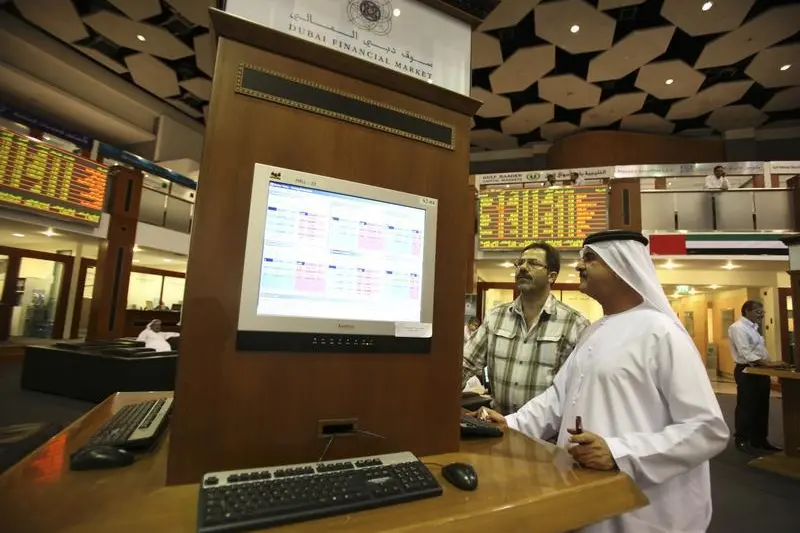PHOTO
Foreign direct investment (FDI) inflow into the UAE jumped over 34 per cent to $14 billion (Dh51.4 billion) in 2019 as compared to $10.4 billion (Dh38.2 billion) in the previous year following major investments by US private equity firms in Abu Dhabi's energy sector.
The UAE surpassed Turkey to become the largest recipient of foreign investment last year in the Middle East and also accounted for half of total investment that flowed into the region in 2019, according to World Investment Report released by UN Conference on Trade and Development (Unctad).
The large increase in FDI to UAE was largely due to major investments made to Abu Dhabi National Oil Company (Adnoc) assets.
The US-based asset managers BlackRock and KKR Global Infrastructure acquired a 40 per cent stake in Adnoc's pipeline assets for about $4 billion. Italy's Eni SpA also acquired a 20 per cent stake in Abu Dhabi Oil Refining Company for more than $3 billion.
"Abu Dhabi has supported FDI inflows to the UAE for the past few years with its streamlined procedures and capacity in facilitating megadeals. In 2019, the emirate further strengthened its commitment to foreign investment by launching the Abu Dhabi Investment Office under the Ghadan 21 programme, a broad-based initiative to enhance the commercial ecosystem, including by cultivating an attractive and diversified environment for FDI," Unctad said.
It said the approval of the positive list for FDI in the UAE in April 2020 paves the way for full foreign ownership in many activities and could support investment flows to the country in the longer term.
While FDI outflow from the UAE also moved up slightly last year from $15 billion to $16 billion, an increase of 5.5 per cent.
Regional performance
FDI to Middle East declined by 7 per cent to $28 billion as against $30.1 billion in 2018. Just three countries - the UAE, Turkey and Saudi Arabia - accounted for the majority of inflows in 2019.
FDI inflows into Turkey slumped from $13 billion in 2018 to $8.4 billion last year, slipping into the second position after the UAE.
In the GCC, Saudi Arabia was the second largest recipient of foreign investment, receiving $4.56 billion last year as compared to $4.24 billion in the previous year.
Flows to Saudi Arabia increased for the second consecutive year by a further 7 per cent to $4.6 billion, mainly because of a few large M&A deals.
FDI to Bahrain fell by 43 per cent to below $1 billion in 2019. The main reason was the country's investment profile, which centres on light manufacturing and services, which are more sensitive to global and regional economic headwinds.
Regional outflows
FDI outflows from Middle East contracted significantly, from $50 billion in 2018 to $36 billion in 2019.
In Saudi Arabia, outward investment declined from $23 billion in 2018 to $13 billion, and firms in Kuwait divested $2.5 billion of overseas investments.
Major outward investments announced in 2019 included a $10 billion project by Saudi Aramco to develop oil and gas facilities in China and a $9 billion oil project by Qatar Petroleum to expand its existing facilities in the US, although it is unclear when these projects will be fully realised.
waheedabbas@khaleejtimes.com
Copyright © 2020 Khaleej Times. All Rights Reserved. Provided by SyndiGate Media Inc. (Syndigate.info).





















